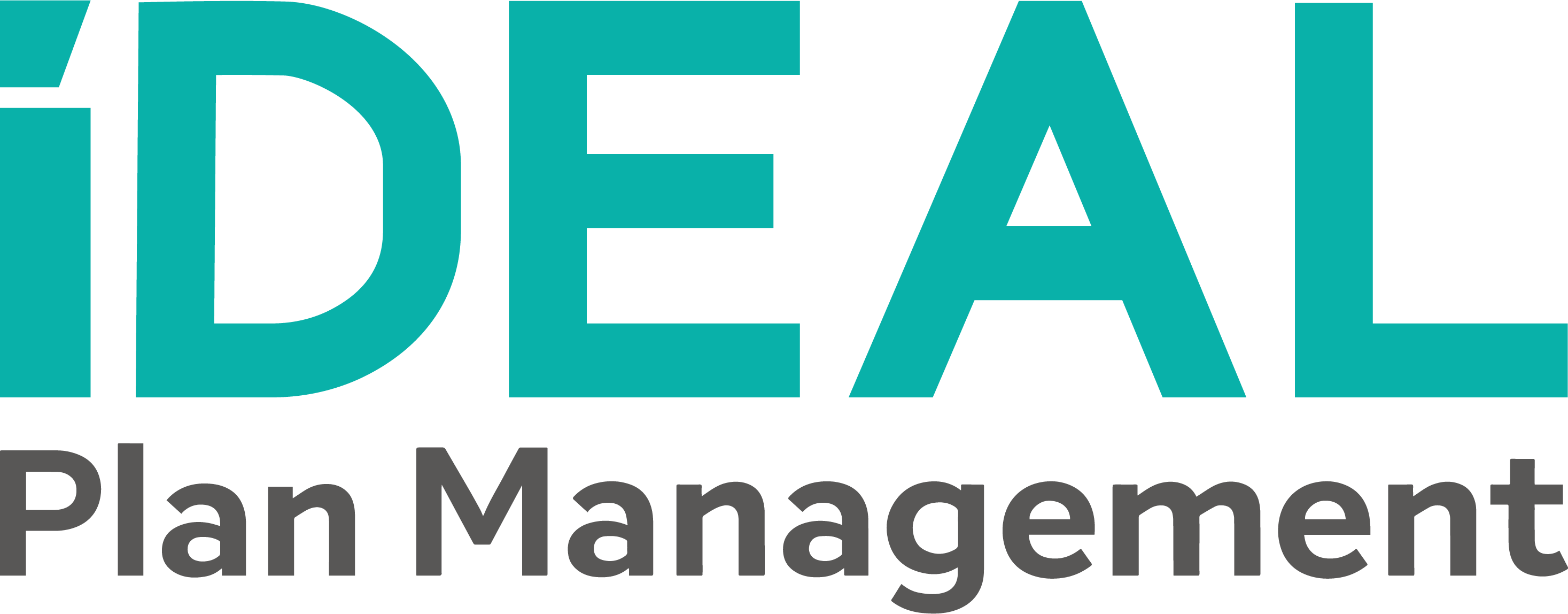Leaving school? What NDIS supports are available to help you prepare for employment?
If you are a recent school graduate, it may feel daunting to make the transition from school to work. Fortunately, there are options available through the NDIS which can help ensure you have the support that is needed to progress towards your employment goals.
What pathways are available when you graduate?
There are several different pathways you may take after you finish school including:
- Skills development through School Leaver Employment Supports (SLES)
- Further education or training
- Transition straight to employment
What are School Leaver Employment Supports (SLES)?
SLES are NDIS supports designed to help students build and develop the necessary skills to transition from school to employment. Work experience opportunities are typically included to give you the opportunity to try and test what employment looks like for you.
Why might you want SLES?
You may feel you need extra support to build your ability to enter the workforce. SLES may be beneficial if you want to develop your skills, increase your confidence, and understand your employment potential.
You may be eligible for SLES if:
- you have recently left school or are in your final year
- you need to build up skills and experience before you can join the workforce
What should School Leaver Employment Supports achieve?
SLES should follow an individualised approach, with supports being tailored to meet your specific employment goals.
SLES should:
- assist the development of hard and soft skills
- increase your work capabilities and confidence
- inform what supports will be needed in future to find and maintain employment
It is expected that most participants will transition to mainstream supports like a Disability Employment Service (DES) once they receive the necessary development.
What type of skills could you develop with SLES?
Depending on what your employment goals and current skills are, there are numerous ways that SLES can help you develop.
Some examples of relevant skills may include:
- communication skills
- money management skills
- travel training
- teamwork
- decision making and problem solving
- organisational skills
- time management skills
- conflict resolution skills
- resume preparation and interview skills
What can the NDIS fund for further education?
If you want to pursue further education like university, TAFE or an apprenticeship, extra supports may be available to help you navigate daily activities.
Some potential supports may include:
- personal care supports
- transport if you are unable to drive or use public transport
- support to take part in university run projects for people with disabilities
The NDIS do not fund:
- course fees
- textbooks
- changes to university buildings for increased accessibility
- changes to learning materials
What if you’re ready to start work right away?
If you feel ready to start looking for a job, the NDIS may be able to provide:
- additional support to help you obtain employment
- support to help you maintain employment
However, for many participants, mainstream supports like a Disability Employment Service might be a more appropriate service system to assist with finding and keeping a job.
What else will change when you leave school?
Leaving school is a big adjustment. Your day-to-day life will change, and it can be exciting to think of all the possibilities for the future. But as your circumstances change, so will your support needs.
You may find that you have more flexibility than you did in the past and your goals may be different as well. Without the structure that school life brings, you will have more control over what your routines will look like. But this can come with challenges.
How should you manage your NDIS funds?
Leaving school provides a good opportunity to re-evaluate whether your current way of managing your funding works for you. Are you currently NDIA-managed but want more freedom to select your providers? Perhaps you are self-managed and would like to ease the burden of managing your budgets. In either case, becoming plan managed might be the best choice for you. To find out more about plan management, get in touch with our team on 1300 800 110 or send us an email to manager@idealplan.com.au.
